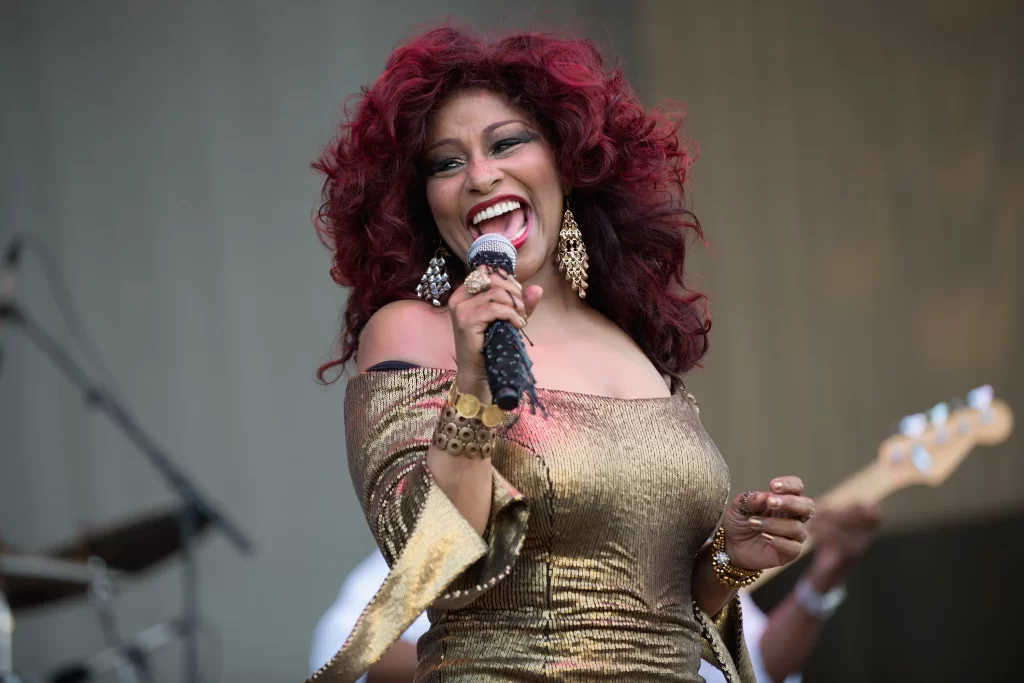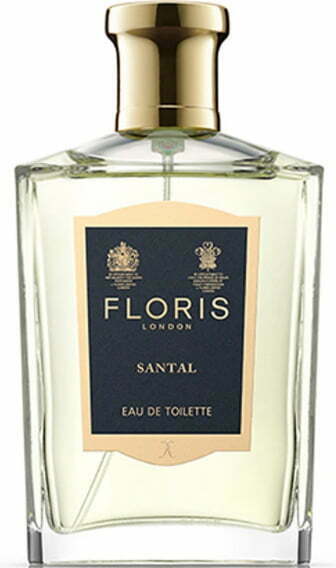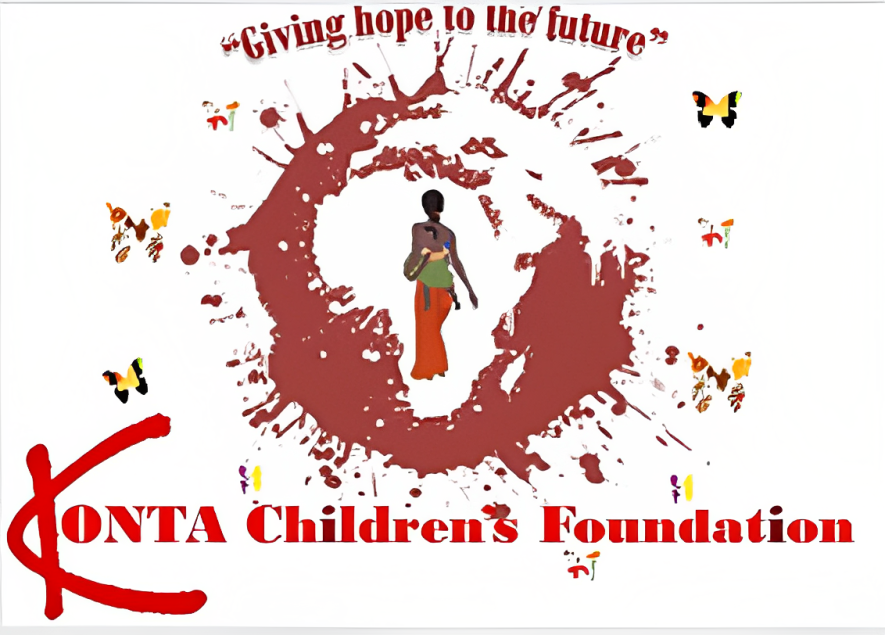CHAKA KHAN

Yvette Marie Stevens (born March 23, 1953), better known by her stage name Chaka Khan is an American singer. Her career has spanned more than five decades, beginning in the 1970s as the lead vocalist of the funk band Rufus. Known as the “Queen of Funk”, Khan was the first R&B artist to have a crossover hit featuring a rapper, with “I Feel for You” in 1984. Khan has won ten Grammy Awards.
With Rufus, she achieved four gold singles, four gold albums, and two platinum albums. In the course of her solo career, Khan achieved three gold singles, three gold albums, and one platinum album with I Feel for You. She has collaborated with Steve Winwood, Ry Cooder, Robert Palmer, Ray Charles, Quincy Jones, Guru, Chicago, De La Soul, Mary J. Blige, Ariana Grande, among others. In December 2016, Billboard magazine ranked her as the 65th most successful dance club artist of all time. She was ranked at No. 17 in VH1’s original list of the 100 Greatest Women of Rock & Roll. Khan has been nominated for induction into the Rock and Roll Hall of Fame three times as a solo artist and four times as a member of Rufus featuring Chaka Khan; the first time in 2012 as a member of Rufus. In 2023, Khan was picked as an inductee in the Musical Excellence category.
Yvette Marie Stevens was born on March 23, 1953, into an artistic, bohemian household in Chicago, Illinois. The eldest of five children born to Charles Stevens and Sandra Coleman, she has described her father as a beatnik and her mother as “able to do anything”. She was raised in the Hyde Park area, “an island in the middle of the madness” of Chicago’s rough South Side housing projects. Her sister Yvonne later became a successful musician in her own right, under the name Taka Boom. Her only brother, Mark, who formed the funk group Jamaica Boys and was a member of Aurra, also became a successful musician. She has two other sisters, Zaheva Stevens and Tammy McCrary.
Khan was raised as a Catholic. She attended the elementary school of Saint Thomas the Apostle Church in Hyde Park. She attributed her love of music to her grandmother, who introduced her to jazz as a child. Khan became a fan of rhythm and blues music as a preteen and at eleven formed a girl group, the Crystalettes, which included her sister Taka. In the late 1960s, Khan attended several civil rights rallies with her father’s second wife, Connie, a strong supporter of the movement, and joined the Black Panther Party after befriending a fellow member, activist and Chicago native Fred Hampton in 1967. Though many think that she was given the name Chaka while in the Panthers, she has made it clear that her name Chaka Adunne Aduffe Hodarhi Karifi was given to her at age 13 by a Yoruba Babalawo. In 1969, she left the Panthers and dropped out of high school, having attended Calumet High School and Kenwood High School (now Kenwood Academy). She began to perform in small groups around the Chicago area, first performing with Cash McCall’s group Lyfe, which included her then-boyfriend Hassan Khan. Chaka and Hassan married in 1970.
Khan was asked to replace Baby Huey of Baby Huey & the Babysitters after Huey’s death in 1970. The group disbanded a year later. While performing in local bands in 1972, Khan was spotted by two members of a new group called Rufus and soon won her position in the group, replacing her good friend Paulette McWilliams, who had recently left the group. The group caught the attention of musician Ike Turner who flew them out to Los Angeles to record at his studio Bolic Sound in Inglewood, California. Turner wanted Khan to become an Ikette; she declined stating she was “really happy with Rufus. But Ike’s attention was certainly a boost.”
In 1973, Rufus signed with ABC Records and released their eponymous debut album. Despite their fiery rendition of Stevie Wonder’s “Maybe Your Baby” from Wonder’s acclaimed Talking Book and the modest success of the Chaka-led ballad “Whoever’s Thrilling You (Is Killing Me)”, the album failed to gain attention. That changed when Wonder himself collaborated with the group on a song he had written for Khan. That song, “Tell Me Something Good”, became the group’s breakthrough hit, reaching No. 3 on the Billboard Hot 100 in 1974, later winning the group their first Grammy Award. The single’s success and the subsequent follow-up, “You Got the Love”, which peaked at No. 11 on the Billboard Hot 100 and No. 1 on the R&B chart, helped their second parent album, Rags to Rufus, go platinum, selling over a million copies. From 1974 to 1979, Rufus released six platinum-selling albums including Rufusized, Rufus Featuring Chaka Khan, Ask Rufus, Street Player and Masterjam. Hits the group scored during this time included “Once You Get Started”, “Sweet Thing”, “Hollywood”, “At Midnight (My Love Will Lift You Up)”, and “Do You Love What You Feel”.
The band gained a reputation as a live performing act, with Khan becoming the star attraction, thanks to her powerful vocals and stage attire—which sometimes included Native American garb and showing her midriff. Most of the band’s material was written and produced by the band itself with few exceptions. Khan has also been noted for being an instrumentalist playing drums and bass; she also provided percussion during her tenure with Rufus. Most of her compositions were collaborations with guitarist Tony Maiden. Relations between Khan and the group, particularly between her and drummer Andre Fischer, became stormy. Several members left with nearly every release. While Khan remained in the group, she signed a solo contract with Warner Bros. Records in 1978. While Khan was busy at work on solo material, Rufus released three albums without her participation including 1979’s Numbers, 1980’s Party ‘Til You’re Broke, and 1983’s Seal in Red. Outside of her work with Rufus, Khan provided backing vocals on singer-songwriter Stephen Bishop’s first album, Careless (1976) on the tracks Little Italy, Save It For A Rainy Day and Never Letting Go. The album went gold.













